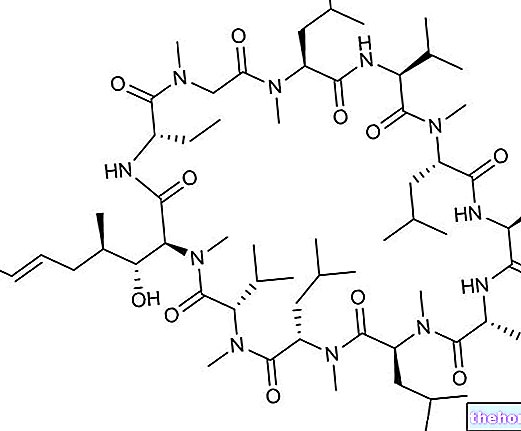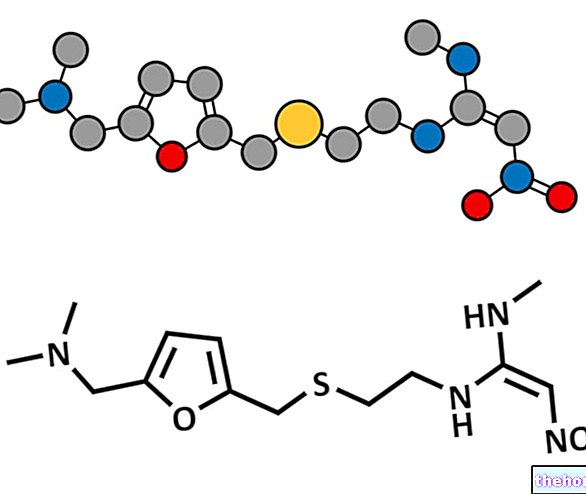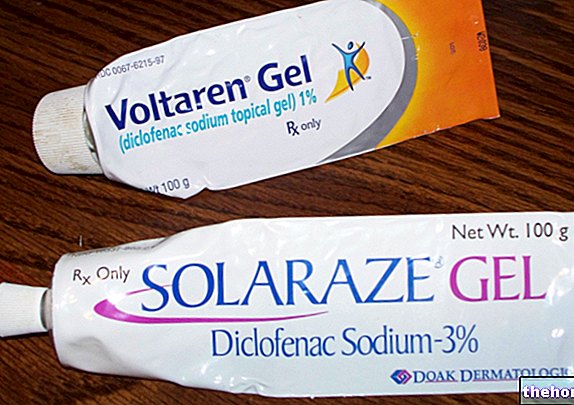
What is Nivolumab BMS and what is it used for?
Nivolumab BMS is an anticancer medicine used to treat adult patients with a form of lung cancer called squamous non-small cell lung cancer (NSCLC). It is used in patients whose disease has spread locally or to other parts of the body and who have previously been treated with other anticancer medicines (chemotherapy).
The drug contains the active ingredient nivolumab.
How is Nivolumab BMS used?
Nivolumab BMS can only be obtained with a prescription. Therapy should be initiated and supervised by a physician experienced in the treatment of cancer.
It is available as a concentrate that is made up into a solution for infusion (drip) into a vein. The recommended dose is 3 mg of nivolumab per kilogram of body weight administered intravenously for 60 minutes, every two weeks for as long as the patient benefits. Doses may need to be delayed or treatment stopped if the patient develops some serious side effects.For more information, see the package leaflet.
How does Nivolumab BMS work?
The active substance in Nivolumab BMS is a monoclonal antibody. A monoclonal antibody is an antibody (a type of protein) designed to recognize and attach to a specific structure (called an antigen) found in certain cells of the body.
The antigen to which Nivolumab binds is a receptor called "programmed cell death 1" (PD-1), which switches off the activity of certain cells of the immune system (the body's natural defenses) called T cells. binds to PD-1, nivolumab blocks the receptor, preventing it from shutting down these immune cells, thereby increasing the immune system's ability to kill cancer cells.
What benefit has Nivolumab BMS shown during the studies?
Nivolumab BMS has been shown to improve patient survival in one main study involving 272 patients with previously treated squamous NSCLC that has progressed or spread to other parts of the body. Nivolumab BMS treatment was compared with another anticancer medicine, docetaxel, and the main measure of effectiveness was overall survival (how long the patients lived). The median survival of the 135 patients treated with Nivolumab BMS was approximately 9 months, while in the 137 patients treated with docetaxel it was 6 months. Helpful information was also provided by another study which showed that Nivolumab BMS can produce a response in patients whose disease has progressed despite several previous treatments.
What is the risk associated with Nivolumab BMS?
The most common side effects with Nivolumab BMS (which may affect up to 1 in 10 people) are tiredness, decreased appetite and nausea, mostly mild or moderate in severity.
Nivolumab BMS is also usually associated with side effects due to the activity exerted on organs by the immune system. Most side effects stop with adequate therapy or with discontinuation of Nivolumab BMS treatment.
For the full list of side effects and limitations reported with Nivolumab BMS, see the package leaflet.
Why has Nivolumab BMS been approved?
The Agency's Committee for Medicinal Products for Human Use (CHMP) decided that Nivolumab BMS's benefits are greater than its risks and recommended that it be approved for use in the EU. The medicine has been associated with longer survival than to docetaxel of patients with previously treated advanced squamous NSCLC, a group of patients who have few treatment options. Patients whose cancer clearly expressed PD-1 appear to have received more benefits, but as other patients also responded to treatment, further studies are needed to identify the groups of patients who are most likely to benefit from the medicine.The side effects were considered manageable by adequate measures and were outweighed by the benefits.
What measures are being taken to ensure the safe and effective use of Nivolumab BMS?
A risk management plan has been developed to ensure that Nivolumab BMS is used as safely as possible. Based on this plan, safety information has been added to the summary of product characteristics and package leaflet for Nivolumab BMS, including the appropriate precautions to be followed by healthcare professionals and patients.
In addition, the company that makes Nivolumab BMS will provide physicians who will prescribe the medicine with educational material containing information on the use of Nivolumab BMS and on the management of side effects, particularly those related to the activity of the immune system. a patient alert card, with information on the risks of the medicine and directions on when to contact your doctor if symptoms occur. The company will also carry out further studies on the long-term benefits of Nivolumab BMS and will seek to identify those who are most likely to benefit from treatment with the medicine.
More information about Nivolumab BMS
On 20 July 2015, the European Commission issued a "Marketing Authorization" for Nivolumab BMS, valid throughout the European Union.
For more information about Nivolumab BMS therapy, read the package leaflet (included with the EPAR) or contact your doctor or pharmacist.
Last update of this summary: 07-2015.
The information on Nivolumab BMS published on this page may be out of date or incomplete. For a correct use of this information, see the Disclaimer and useful information page.




























